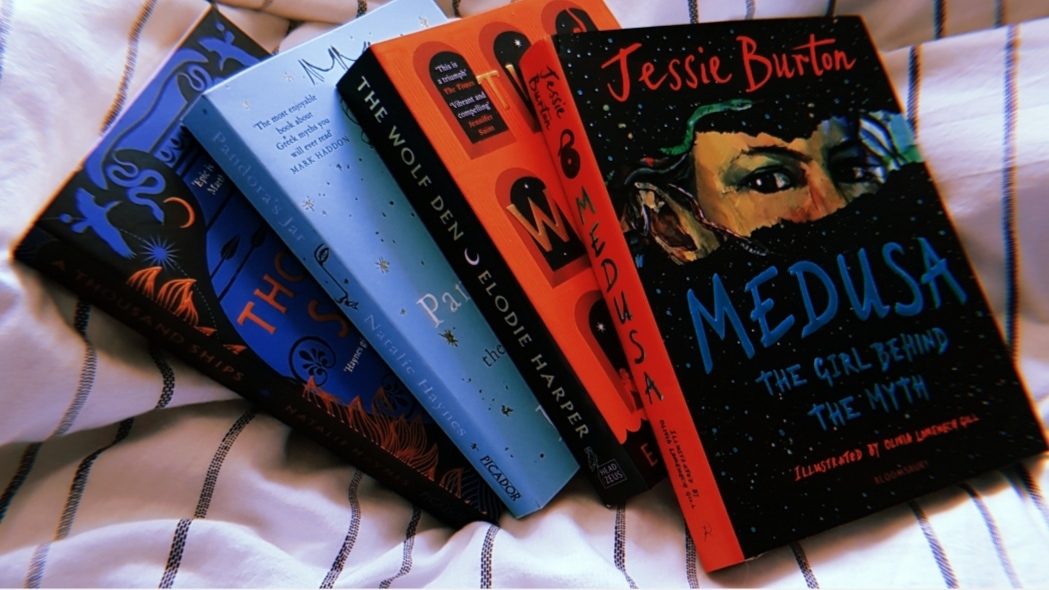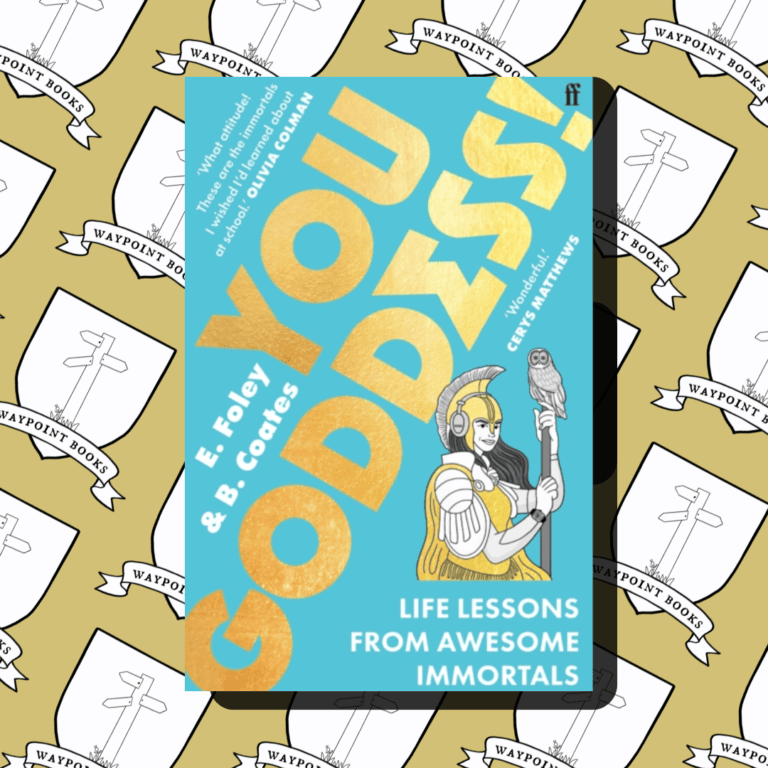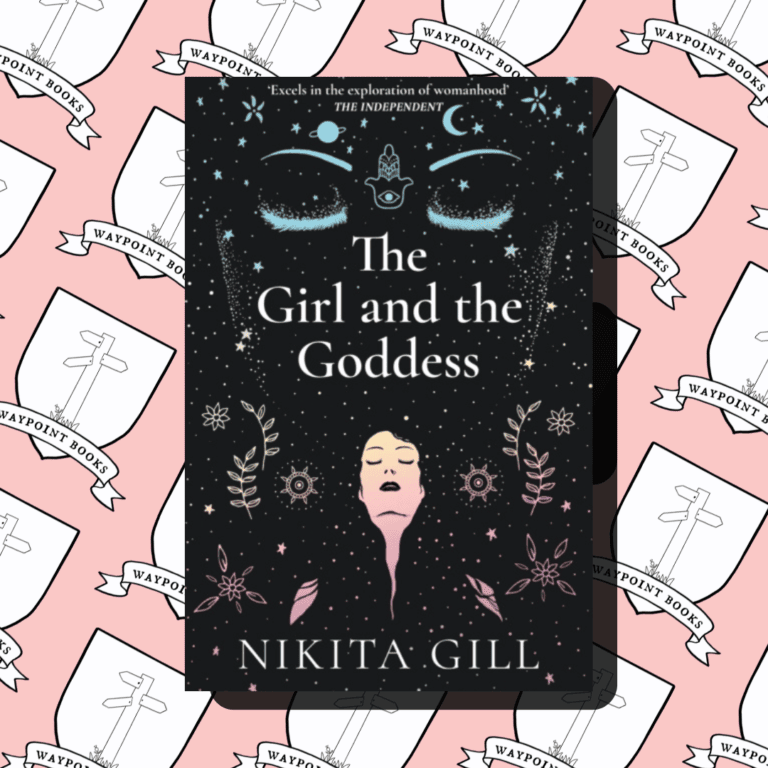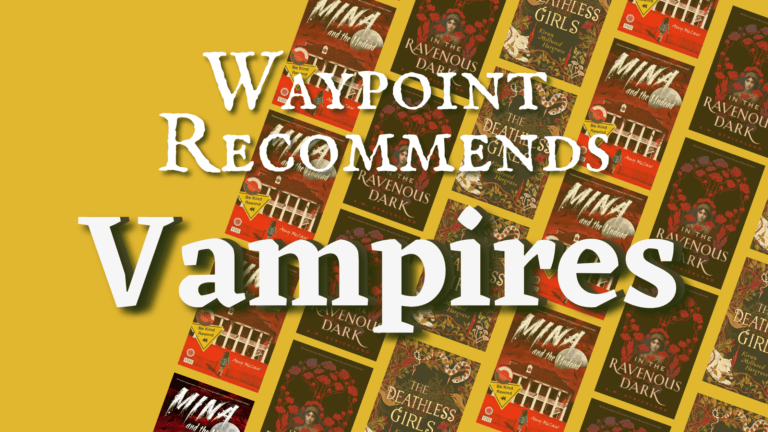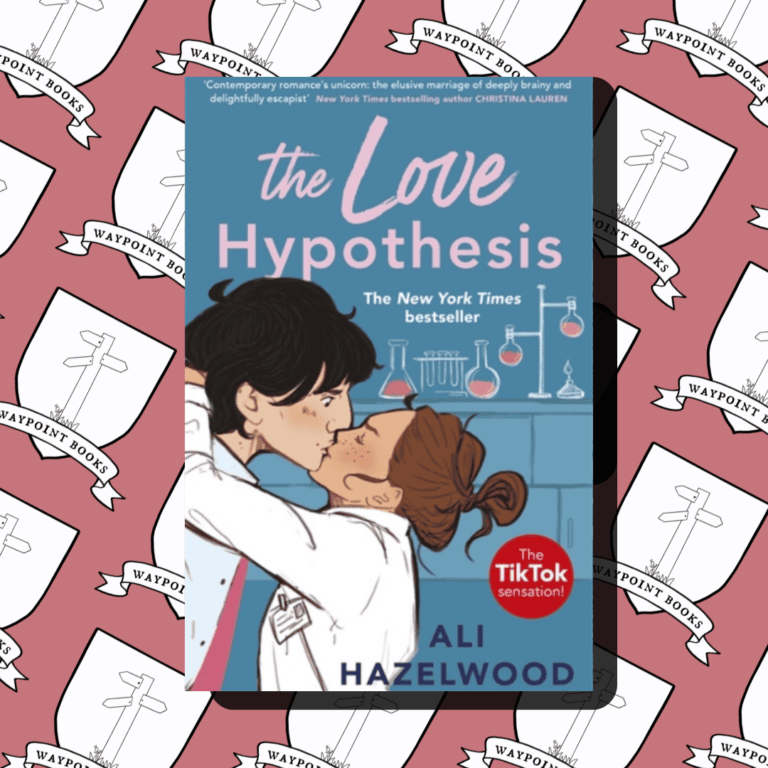The Female Gaze in Greek Myth Retellings

Whether consciously or not, we’ve all experienced ‘the male gaze’ in modern media. We’ve all seen a film where the camera follows the curve of a woman’s body, before/during her introduction as an actual person, or the documentary which looks at something philanthropic – but only having male voices or perspectives. It’s a term for that program that overtly sexualises people, turning them into objects to be looked at, rather than empathising with the narrative and humanity beneath. It’s the close up of Megan Fox’s bum in Transformer’s, the shirtless scenes Chris Hemsworth and Taylor Lautner had written into their contracts (because men can’t escape it either), and it’s using women as props rather than people within media.
John Berger, a British Art critic and painter, first used the phrase ‘Le Regard’ or ‘the gaze’ during a documentary where he analysed the representations of women in art and advertising – often as passive objects, to be seen. It was Laura Mulvey, a feminist film theorist, who developed the terms ‘The Male Gaze’ and ‘The Female Gaze’ to show how women are traditionally represented in media. And whilst the Male Gaze focuses on the physical, the Female Gaze focuses on the emotional. Examples of The Female Gaze are more empathetic and honest, as they look at the smaller details of psychology and movement, rather than just the obvious and physical.
So what does this have to do with Greek Myth? Well, ideas don’t bloom in a vacuum; not Western narratives have taken inspiration from Greek and Roman Mythology, Saxon tradition, Norse Mythology etc. Retellings, Fantasy Novels, Science Fiction Novels, Histories – each genre is inundated with influences and narrative drawings from the classics. And for a long time, the classics solely were explored and delineated by white, male elites. This, in turn, would mean those narratives were filtered through a male perspective – aka, the male gaze.
However – times, they are a-changing. And the female gaze has finally permeated the greek retellings being published (We love to see it). An obvious example is the changes seen in portrayals of Medusa – a gorgon who was ‘punished’ and turned into a monster. Recent portrayals have been far more sympathetic, exploring the sexual assault Medusa suffered, and how her monster form protected her from any such encounter in the future. (Until she was killed, obviously.) So whilst this isn’t an extensive list, or even a particularly long list, this is a list of authors who are looking to change the way we experience and explore Greek Myth, in a far more empathetic, honest and empowering way.
Natalie Haynes: Pandora’s Jar, A Thousand Ships and The Children of Jocasta.

Natalie Haynes is a graduate of Cambridge University and an award-winning comedian, journalist, and broadcaster. She’s been a panellist on several BBC broadcasts, such as Front Row and the Newsnight Review, as well as judged for the Man Booker Prize (2013) and the Orange Prize (2012). She’s a guest columnist for The Independent and The Guardian, as well as having her own radio series: Natalie Haynes Stands Up for the Classics (since 2014).
She has several titles under her name, but I’ve selected Pandora’s Jar, A Thousand Ships, and The Children of Jocasta as; the book that introduced me to the author, the book I just finished, and the book I’m excited to pick up next. Pandora’s Jar is an anthology of essays, really, exploring the women in Greek Literature. As an academic, Haynes is clearly passionate about accuracy in the portrayal of these characters, and explores the differing viewpoints of classic Greek Authors; such as Homer, Sophocles and Euripides. It’s a really friendly and informal non-fiction, which I found refreshing and engaging. If previous authors have been ‘gatekeeping’ the classics, it very much felt like Haynes was ignoring the front gate entirely, and introducing a shortcut through to the barbecue round back. It’s easy to fall into step with Haynes, as she explores familiar names such as Pandora and Helen of Troy, and characters who’ve barely been discussed in Pop Culture; such as Penelope (the wife of Odysseus, who proved to be smarter than all of the men under her roof), Medea (the queen of revenge) and Jocasta (the face of true tragedy).
A Thousand Ships is similar in the way it gives voice to the women caught in the Trojan war, splicing narrative perspectives together in a fractured structure of ritual and reflection. As one character prepares for a wedding, another prepares for war – and Haynes balances each narrative on the edge of a knife, understanding that the audience is smart enough to put the pieces together for themselves. I devoured it in a single sitting, listening to the audiobook which is narrated by Haynes (as is Pandora’s Jar). Knowing it’s the author voicing the story adds a familiarity between audience and story, as we’re led through the myths we think we know, and the impacts those myths had on the women caught within them. The women portrayed in both fiction and non-fiction feel authentic, sympathetic, empowered and cruel. And I’m excited to read The Children of Jocasta, an earlier work by Haynes, which explores characters of the tragedy Oedipus.
Pat Barker: The Silence of the Girls, and The Women of Troy
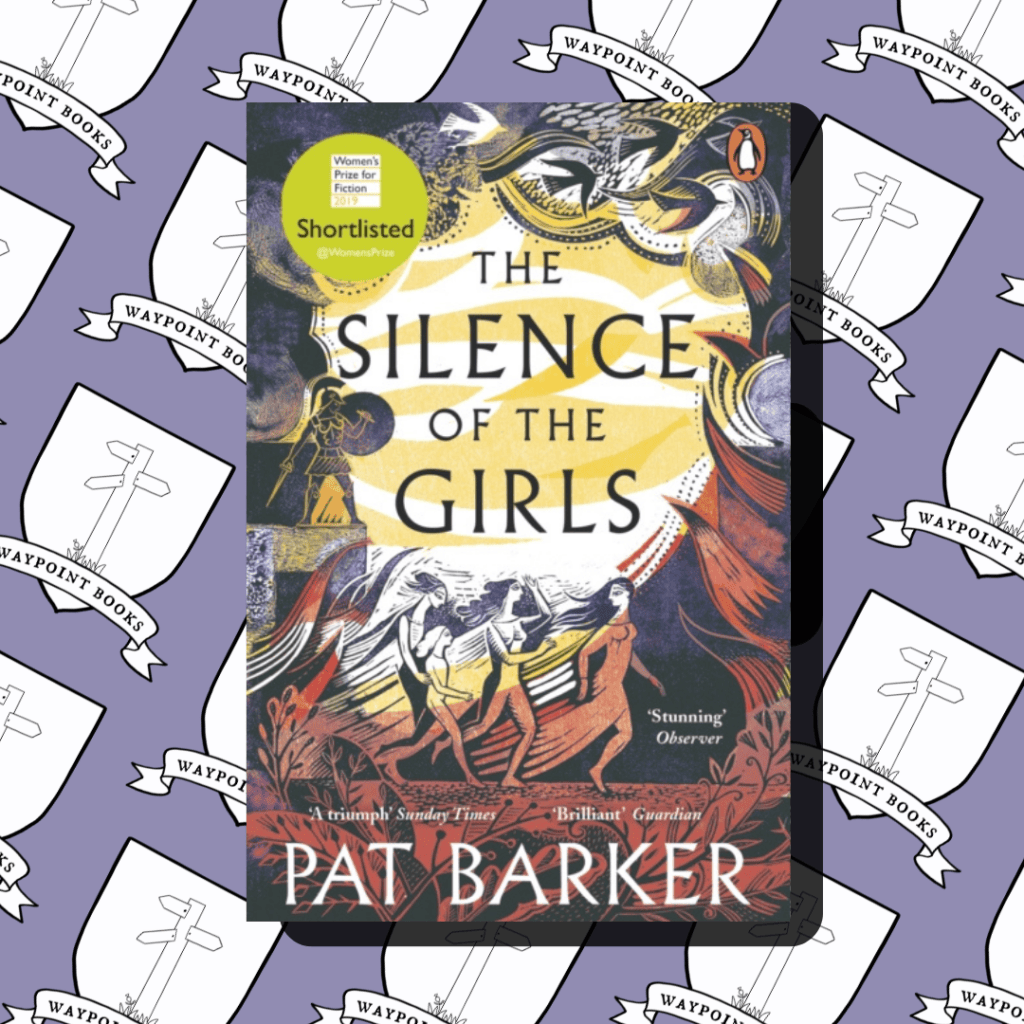
Pat Barker, CBE, is an award-winning novelist who centres her narratives on memory, trauma, recovery and survival. I was first introduced to her writing whilst studying Historical Fiction for my Masters. We were studying ‘Regeneration’, the first in a trilogy exploring the psychological effects of World War I. What I loved most about her style, is that the page is filled with only what you need. A common pitfall for writers is explaining too much of what is happening, rather than allowing the audience to work it out for themselves, or to enjoy the poignant moment that has been created. Mental Health novels might seem like a hard sell, especially when discussing the emotional and psychological effects of war – but Barker handles the subject with such care and dignity that I’d happily recommend her books on that alone.
As far as The Silence of the Girls, this is a very similar narrative to A Thousand Ships in that it centres on the female perspective during a conflict where they had no control or power. Briseis, our protagonist for this novel, is torn from her home and given to Achilles as a prize – forced to suffer all manner of indecencies just to survive. But when Agamemnon demands Briseis for himself, she becomes the centre of a conflict between two of the most powerful Greeks. Once again, Barker provides an emotionally honest, insightful perspective of a decades-long war through the eyes of individuals caught in the crossfire. It’s a beautiful book, and the sequel – The Women of Troy, is already out.
Jennifer Saint: Ariadne
The myth of Ariadne is varied, but she’s most often remembered as the one who helped Theseus against the minotaur. Saint’s adaptation of the narrative gives Ariadne so much more depth, emotion and motivation – it’s the epitome of the female gaze reclaiming a myth – and thus perfect for someone who isn’t sure where to start when it comes to trying Modern Greek Retellings. There are several other perspectives and voices, so it can sometimes feel that certain events are being rehashed – but it’s an interesting character study of the complexity of Ariadne, that through her choices she impacted her family, and her nation, as well as herself.
Jennifer Saint studied Classics at King’s College, London, before becoming an English teacher for thirteen years. Ariadne is her debut novel, and Elektra is set to be her second. I’m excited to see what Saint does with this next myth, as it follows the women of House Atreus; Clytemnestra – the sister of Helen and wife to Agememnon, Cassandra – princess of Troy and cursed by Apollo and Elektra, Clymnestra’s youngest daughter. I’ve no doubt it’ll be a tragedy for the ages.
Madeline Miller: The Song of Achilles, and Circe
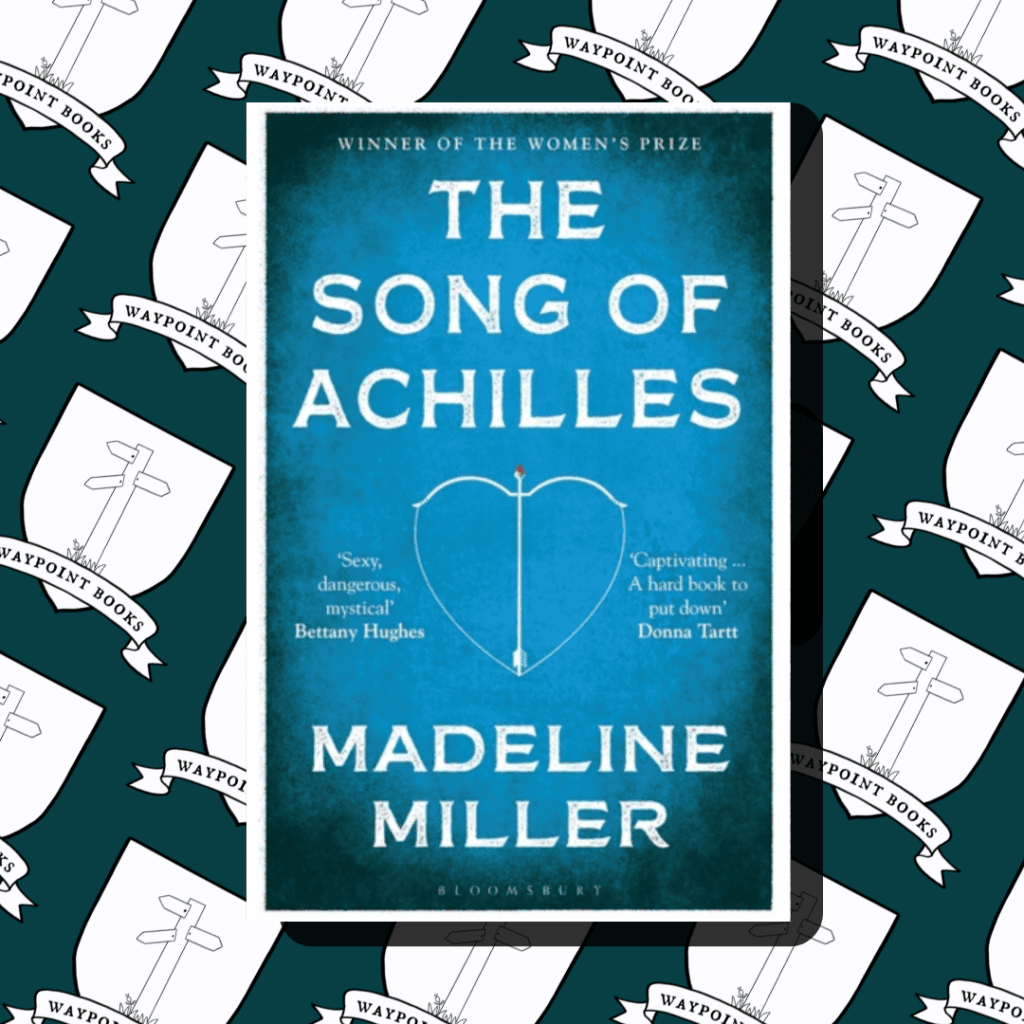
Madeline Miller is another author I discovered through studying Historical Fiction. We looked at The Song of Achilles, a YA Historical Fiction which looks at the relationship between Achilles and Patroclus. Though the narrative is mainly explored through the eyes of Patroclus, The Song of Achilles is raw with emotion, powerful in its LGBT representation, and ultimately feminist in its portrayal of all characters – men and women alike. Whilst a character study on heroics and duty, it also explores history’s desire to make the strong and the brave fodder for a good story, whilst those who get left behind suffer a far deeper emotional and psychological wound. This book will make you cry, and it’s beautiful. Equally, Circe follows a nymph who becomes a witch, who them becomes a legend as she helps heroes, protects herself and her family, gives in to the emotional temptation to destroy, to build, to nurture. It’s a fascinating read that once again provides the audience with a female perspective on the lives of infamous Greek Heroes. These are standalone novels, so it doesn’t matter which you read first, but I do insist you read them.
Similar to Pat Barker, Miller has a way of explaining exactly what you need on the page – without overflowing descriptions to distract or detract from the powerful narrative being created. I loved Circe, and I’m not surprised that The Song of Achilles two of the four awards it was nominated for. They are both master examples of Greek myth through the female gaze. Miller studied at Brown University as well as Yale, spent ten years writing The Song of Achilles whilst working as a Latin and Greek teacher, and has won the Orange Prize for Fiction, Gaylactic Spectrum Award, and Goodread’s Choice Award.

Nikita Gill: Great Goddesses
Nikita Gill is an incredible Irish Poet and Writer, who grew in notoriaty for her short poems on instagram – which explore powerful femininity, feminism and sexuality. Several of her anthologies explore these themes also, but Great Goddesses applies them librally to Greek Myth as she condenses modern versions of well known legends into poems that feel like authentic epics of old. Each poem follows a particular deity, with an individual voice and reaction to the narrative that surrounds them, and in some instance there is direct dialogue between the Goddess and the audience which is powerful. When I read it the first time, I found myself making little notes for deities I wanted to read up on, explore through other narratives, or even write about for myself. It’s a little book of Greek inspriration that keeps on giving, and perfect for someone who enjoys a short read. Each poem is sharp, well considered and beautiful.
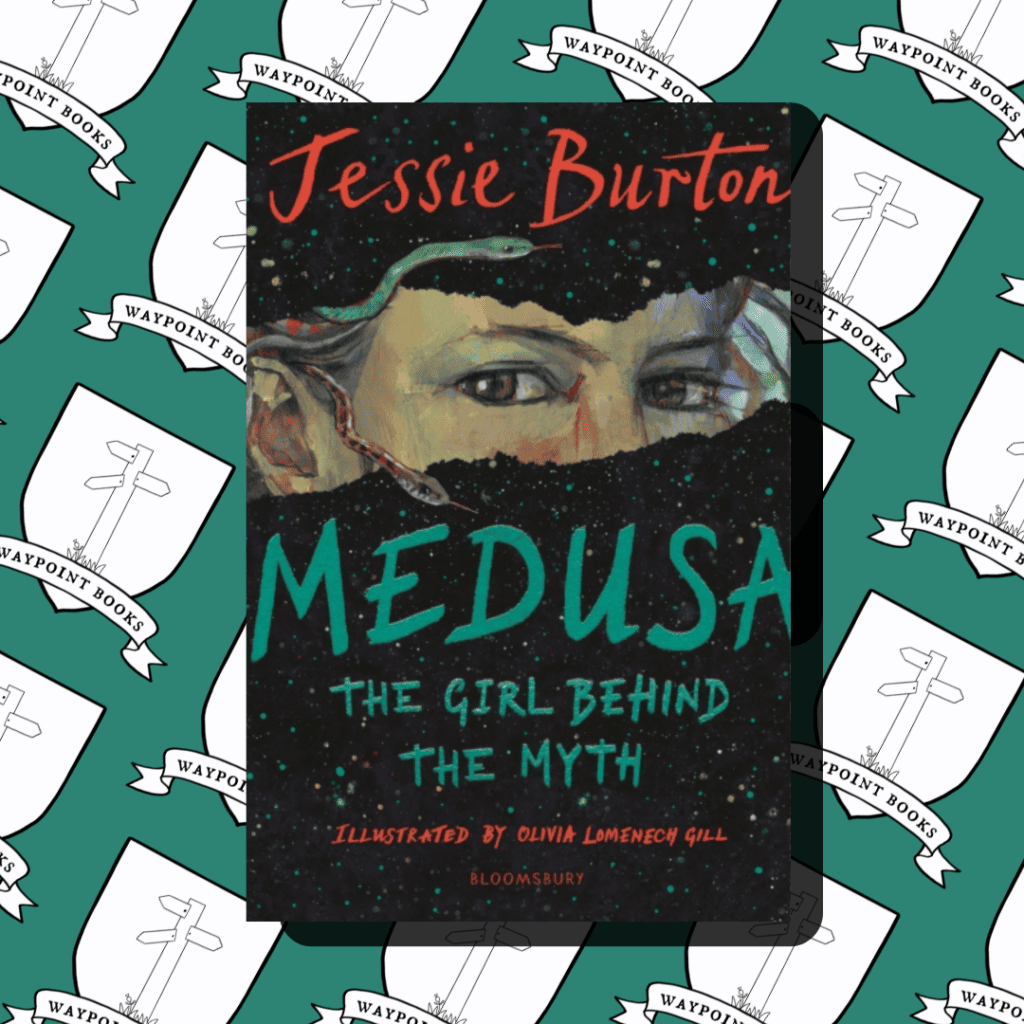
Jessie Burton: Medusa
You may recognised Jessie Burton as the author of The Miniaturist, the phenomenal Historical Fiction which became a TV series sensation – though she actually has three Sunday Times Best-Sellers which include The Muse and The Confession. She’s also an actress, who studied at Oxford University, and her books have been translated into forty languages. Medusa is a YA retelling with beautiful mixed media illustrations from Olivia Lomenech Gill – a fine artist with a destinctive style which adds emotion and compassion to each page of this newest release.
The key themes, as I mentioned in the introduction of this blog, are gender politics and sexual assault; subjects which need care and consideration especially when marketed to a younger audience. This book looks at self acceptance, mental health and emotional stability. The balance between narrative and illustration creates a beautiful blend and allows Medusa to be more than just the villain. It’s a really quick read as well, and would make a perfect gift for someone who enjoys a modernised retelling which empowers feminism and discussion around triggering subjects.
Is there an author you think we’ve missed from this list? Is there someone championing the Female Gaze in Greek Literature that we haven’t mentioned? Let us know in the comments or message us via the contact page!

